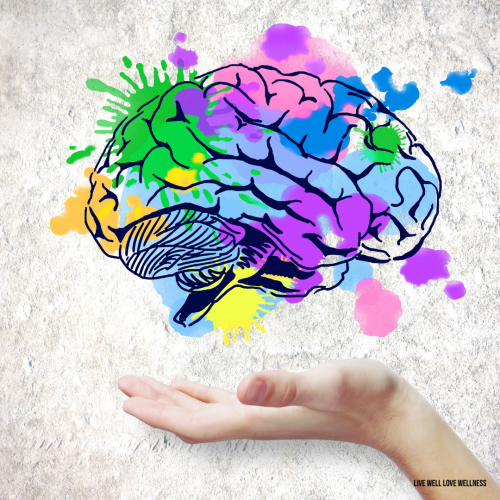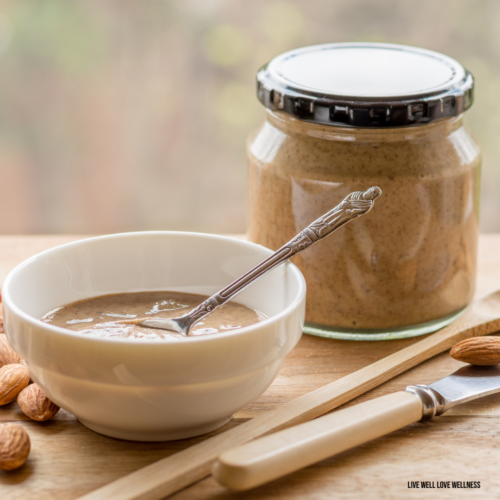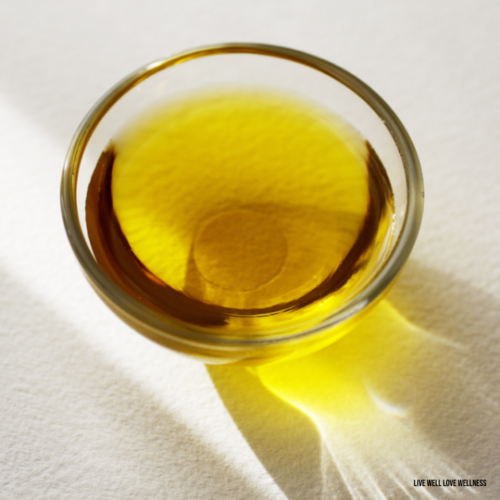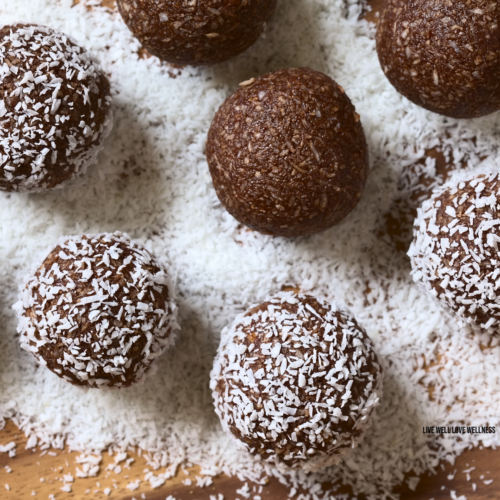Food for Thought, Written by Joanne Verrill
Joanne is 34 and has an incredible passion for helping people. Jo was with me at the forefront of discovering how important food is and how it is connected with so many things. The time I spent living in country Victoria we were walking buddies and would do laps of the lake chatting constantly about food, diets and just about anything health related. Jo, you really instilled curiosity in me and I love you for that. Thank you so much for sharing your wisdom and inspiration here and instilling in us just how important food is for the health of our mind. You are so inspiration and help so many people. Thank you for being you. Tahlia xo
—
Food for Thought – Connection between Food and our Mind
Let me tell you firstly a little about my background.
My passion for helping people is reflective in my line of work. I have had a range of exposure in the health field and am currently studying a degree of social welfare and counselling. I’ve always had my hand in working with food and I love this side of my working life. Six years ago, however, I took a left turn in my working career and studied to be a personal trainer.
Soon into this journey I expanded my knowledge base through the study of nutrition. I worked in the area for many years, and the most common thing I grew accustomed to hearing was how unhappy most of my clients were – how aside from struggling with weight, the real battle was in their head with thousands of negative thoughts waging war on their mind. The obvious outward sign of this battle was their unhappiness with their body and their overall appearance. The other thing I began to take note of was the food that was being consumed by many clients was not conducive to a healthy body. I was overly aware of facts, such as how excess amounts of sugar, saturated fats and chemicals in food could affect people’s moods, as well as overall health.
I started to wonder if there was perhaps a deeper impact that food could have on our mental health. This is what has motivated me to develop myself and take on further studies. You see, the most important thing that I have learnt in my short existence is that we are multifaceted; there are many components that contribute to our make-up – like our physical body, mind, emotions, and will. These things impact on each other and work together to make us who we are. If we neglect or place more focus on a particular area, it can counterbalance how we function. I realised mental health must be looked at as a multifaceted issue that cannot be successfully tackled from only one direction.
Mental health is a hot topic for the health industry with 1 in 5 Australians diagnosed with some sort of mental health disorder. Ranging in age from 16-85, these issues include anxiety, depression, substance abuse, and post traumatic stress to name a few. We can see that there are often varying circumstances that can trigger someone to barrel down the pathway of mental health issues – abuse, financial pressure, stress and trauma – but coping and recovering from mental health problems can seem like a black hole.
One thing that is undeniable when combating mental health disorders is that they are as multifaceted as us. Medication and counselling are both common tools used to support someone suffering from mental health issues, but does what we eat impact on this national epidemic? Although this is a relatively new avenue to explore, the answer is yes. I like things fairly straightforward, so here is the simplest way I can explain it: we have a chemical makeup, as does everything we put into our bodies. Food, beverages, drugs, they all have a chemical makeup. So if our chemical makeup is already out of balance, our body can struggle when dealing with excessive amounts of unwanted chemicals.
It’s hard though. If you feel like crap, you want to eat crap, which in turn makes you feel crap. In no way am I saying that chocolate cake will motivate you to jump off a bridge, but if we want to start feeling better mentally we need to examine what we are fuelling our bodies with.
Let’s break it down with some good Food for Thought examples:
Refined sugar. Ahh yes. You’re tired and just need something to get you through the last hour of work. Chocolate! This is what happens chemically in your body. You get the kick that you wanted for around 20 minutes, and then your glucose levels plummet leaving you with that memorable sugar hangover. The result is that mood swing fatigue, which is also linked to disrupted sleep.
Processed foods, such as bread and pasta which are high in carbohydrates, have the same effect. Artificial sweeteners – especially if you are prone to depression – can make life even more difficult for you. They block the production of the neurotransmitter serotonin which results in low moods.
Alcohol. We have a bad day, stress levels are high, so a glass of wine helps you wind down. Well if you have a history of low moods or mental health disorders, approach this with caution. Alcohol is a depressant and affects your central nervous system. This system is responsible for processing information through your senses – processing your thoughts, motor function, ability to control emotions, and thus intensifies the process of depression.
A happy mind is achievable – it is a working progress though. I wish I could keep writing to open up and go more in depth into the foods for a healthy mind, but hopefully this will inspire you to look further into the things you put into your body, in order to help battle this multifaceted war on the mind.
I’m not an expert by any means, but I will continue to tap into the research and expertise of people who are also passionate about this field. I am fervent about seeing people live to their full potential, and the number one rule of good mental health is: We weren’t designed to live independently, so asking for help and having the right people around you is vital to a happy mind.
Taking responsibility and letting people show you the way is the difference between winning and losing the battle. This is definitely Food for Thought.
Joanne Verrill




